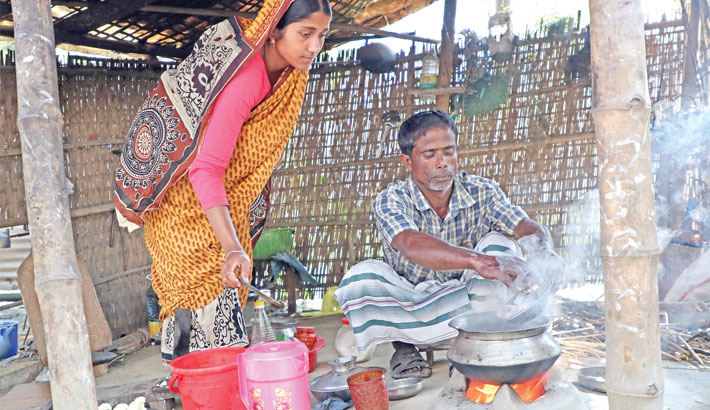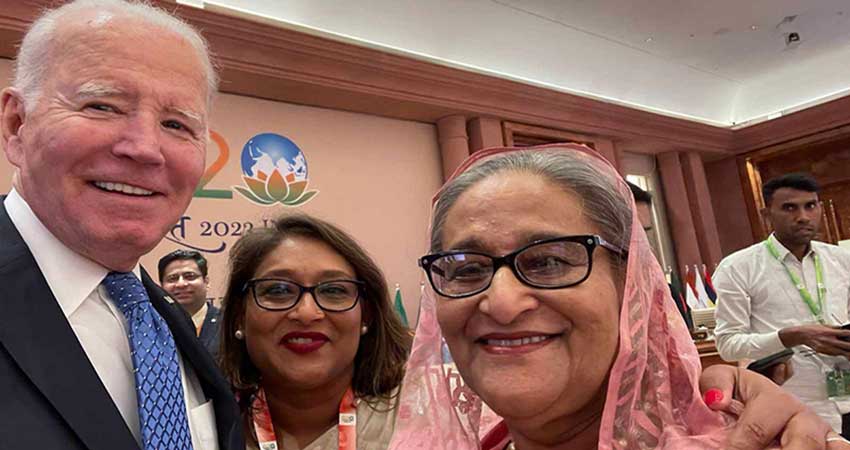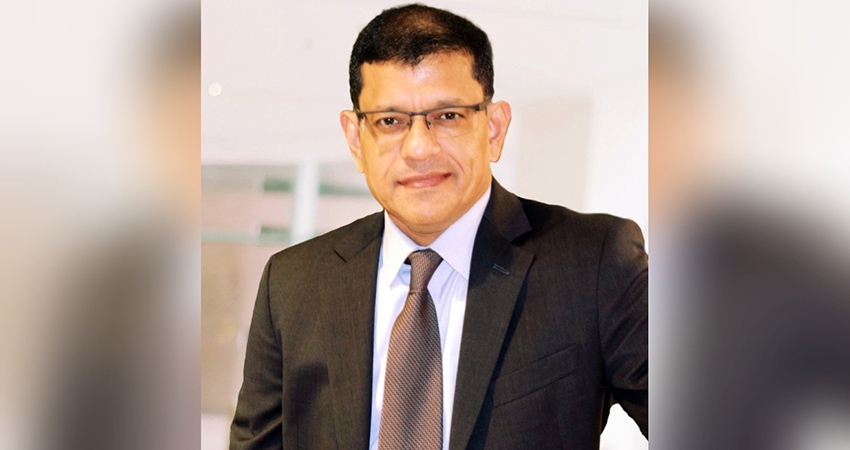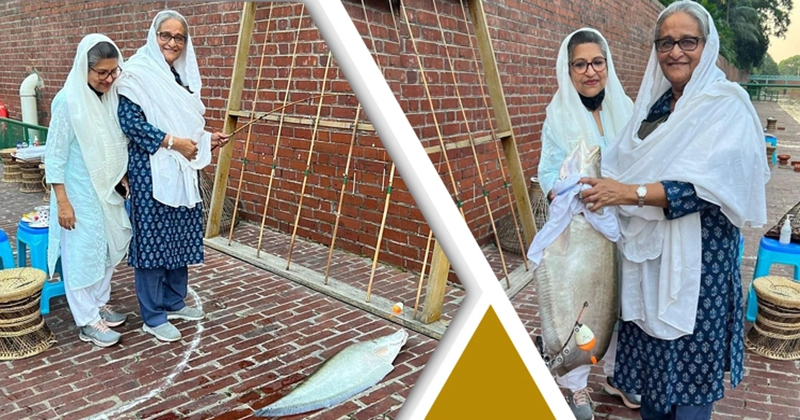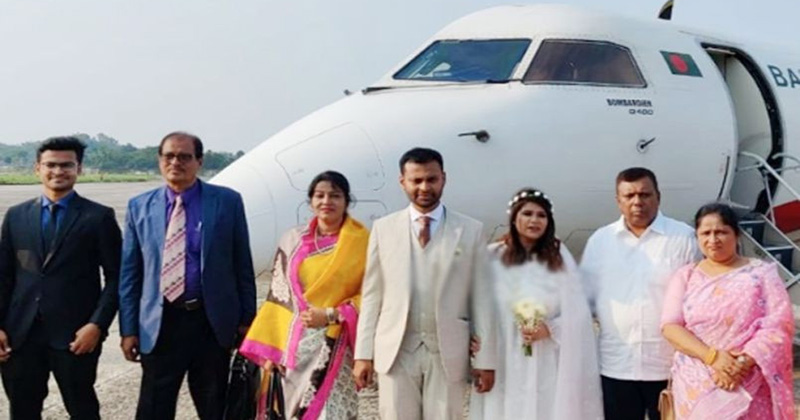Usually, it is seen that a motherly figure is struggling with chores in her kitchen in every house but the situation is different in many villages of Jamalpur as some men are doing household work to help their wives.
During a visit at Saatpura village under Kendua Bazar of the district, it has been seen that Abul Kalam, a low-income farmer, was cooking food at his house-yard adjacent kitchen by showing thumb to all social restrictions while his wife China Begum was helping him.
“Now, time has changed. I don’t care what people think if any husband extends his hand in household work. I think all the household activities are same for men or women. And these are equally important for the happiness of my family,” Kalam said with a smiling face.
These positive changes have been brought in some 21 unions as World Vision Bangladesh (WVB) is conducting ‘MenCare’ sessions under a project titled ‘Nutrition-Sensitive Value Chains for Smallholder Farmers (NSVC)’ to increase male engagement at household work to establish gender equitable relationship so that they can play a positive role in the family as well as community.
The NSVC project is being implemented by World Vision Bangladesh in collaboration with local partner Unnayan Sangha, and funded by Australian government through the Australian NGO Cooperation Program (ANCP).
Around Tk490,450,000 project began in 2017 in 21 unions under three upazilas of Jamalpur—Jamalpur Sadar, Dewanganj and Islampur -- and will end by June 2023.
Project Manager Stephen Asim R Chatterjee told the Daily Sun that ‘MenCare’ is an approach to train people to establish equitable relationship to increase male engagement in household chores.
“Although it is very challenging to introduce such practice in the patriarchal society, men are welcoming participation of women in decision making to ensure overall development in the family and society,” he said.
The MenCare approach is reducing domestic violence in the rural areas along with bringing happiness in the family, Asim added.
Apart from conducting MenCare sessions, the organisation is holding community engagement meeting, screening drama and folk song for building awareness on Covid-19, child rights week, early marriage, gender issue and nutrition amongst the community.
After all carrying out these activities, farmer households have increased gender equitable relations to 65.60 percent from 61.70 percent while combine decision making power over income generation activities has increased that reflects on young children and maternal nutrition from 54.90 percent from 20.90 percent, according to the mid-phase project evaluation report.
Talking to the Daily Sun, China Begum admitted that they are living a happy life than the past as her husband has been helping her in household work.
“Changes are being seen in her husband attitude after taking lesson from ‘MenCare’ sessions. Now, he [husband] takes my suggestions for the welfare of the family. Even, he is also concerned over nutrition and proper diet of me and our daughter,” she said. “Especially, domestic violence decreased to a great number,” China added.
According to officials, MenCare couples shared their learning/practices with respective community people, where couples discussed key messages on the session. Through these sessions, the community has become aware of the role of family members and parents, and is also able to gain new insights about gender and change attitude on challenging gender issues.
The project organised sensitisation meeting for mothers-in-law to share views to inform about their role within the family and tried to bring change in their attitude so that they can play a positive role in the family as well as community.
A mother-in-law, Noor Jahan, said she never thinks about her attitude towards her daughters-in-law.
“Now, such sessions helped me change my attitude towards my family members, including grandchildren [girls] and daughters-in-laws, and their nutrition,” she said.
Besides, the WVB is disseminating key messages on male engagement and reducing domestic violence at household level engaging different level influencers, including Imams and priests. Even, those preachers disseminate the messages to common people with an explanation on religious view.
Vice-president of a ‘MenCare’ group and imam Maulana Abdur Rashid acknowledged that such programmes have drastically decreased the number of domestic violence.
“Child marriages have already been stopped. Men are assisting women in household chores besides providing nutritious food to infants and pregnant mothers are being ensured,” the imam said.
MenCare approach reduces domestic violence
